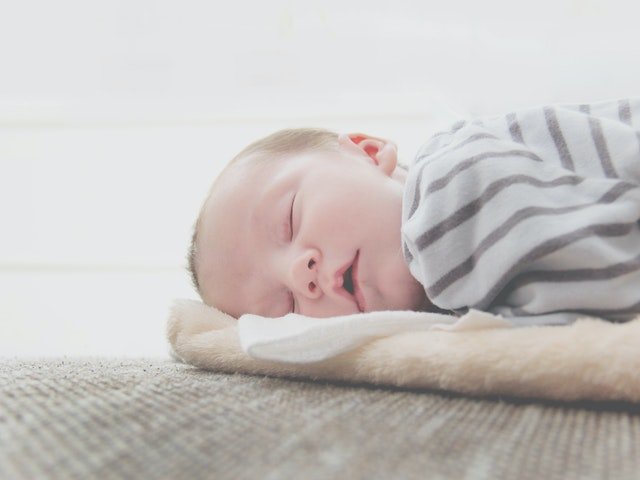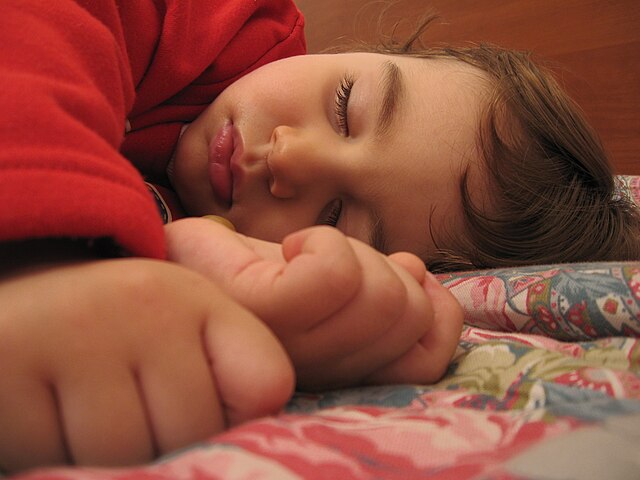Caffeine on Sleep Quality

In a fast-paced world where the demands of work, social life, and personal responsibilities often collide, many people rely on caffeine to keep them alert and energized throughout the day. Whether it’s that morning cup of coffee, a mid-afternoon soda, or an energy drink before a late-night study session, caffeine is ubiquitous in our lives. However, have you ever stopped to consider the impact of caffeine on your sleep quality? In this 1500-word article, we will delve into the fascinating and often overlooked relationship between caffeine consumption and sleep quality.
Understanding Caffeine
Caffeine is a natural stimulant found in various plants, including coffee beans, tea leaves, and cacao pods. It is prized for its ability to increase alertness and reduce feelings of fatigue. When consumed, caffeine enters the bloodstream and stimulates the central nervous system. It blocks adenosine, a neurotransmitter responsible for promoting sleep and relaxation, thus leading to increased wakefulness and alertness.
The Sleep-Wake Cycle
Before we explore the impact of caffeine on sleep quality, it’s essential to understand the mechanics of our sleep-wake cycle. Our bodies have an internal clock known as the circadian rhythm, which regulates our sleep patterns. The circadian rhythm is influenced by various factors, including exposure to light and darkness. When daylight fades, our bodies naturally produce melatonin, a hormone that promotes sleep. Conversely, when we are exposed to light, especially blue light from screens, melatonin production is inhibited, making it harder to fall asleep.
The Caffeine-Sleep Connection
Now, let’s dive into the complex relationship between caffeine and sleep quality:
1. Delayed Sleep Onset
Caffeine’s stimulating effects can persist in the body for several hours after consumption. If you consume caffeine too close to your bedtime, it can delay the onset of sleep. Even if you manage to fall asleep, the quality of your sleep may be compromised, with fewer deep sleep stages and more interruptions.
2. Reduced Total Sleep Time
People who consume caffeine regularly, especially in large quantities, may experience a reduction in their total sleep time. This happens because caffeine can lead to awakenings during the night, causing you to wake up feeling less rested.
3. Disrupted Sleep Architecture
Caffeine not only affects the duration of sleep but also the structure. It can disrupt the normal sleep architecture, leading to less time spent in the restorative stages of deep sleep and REM (rapid eye movement) sleep. This can leave you feeling groggy and less mentally sharp during the day.
4. Increased Nighttime Awakenings
Caffeine is a diuretic, meaning it increases urine production. Consequently, it can lead to nighttime awakenings as your body prompts you to use the restroom. These awakenings disrupt your sleep cycle, making it challenging to achieve restful sleep.

Moderation is Key
While caffeine undoubtedly has its benefits, it’s crucial to consume it in moderation, especially if you’re sensitive to its effects or struggle with sleep issues. Here are some tips to ensure that caffeine doesn’t compromise your sleep quality:
- Limit Consumption After Noon: Try to avoid caffeine in the afternoon and evening, as its effects can linger for hours.
- Monitor Your Intake: Be aware of how much caffeine you consume daily and aim to keep it within a reasonable range.
- Consider Alternatives: Explore caffeine-free beverages or herbal teas as alternatives to your usual caffeinated choices in the evening.
- Stay Hydrated: Counter the diuretic effects of caffeine by staying well-hydrated during the day, but taper off your fluid intake in the evening to reduce nighttime awakenings.
Conclusion
In conclusion, caffeine, our beloved pick-me-up, can have a significant impact on our sleep quality if not consumed mindfully. While it’s tempting to rely on caffeine to power through the day, it’s essential to strike a balance. By understanding the relationship between caffeine and sleep, you can make informed choices that promote better rest and overall well-being. For further help, tips, and advice on using pills for insomnia, check out their page to learn more.


 The Psychology of Branding
The Psychology of Branding  Nosboss Cream Chargers for Melbourne Customers
Nosboss Cream Chargers for Melbourne Customers  How to Use Your Air Conditioner
How to Use Your Air Conditioner  Yemeni Language in Preserving Cultural Heritage
Yemeni Language in Preserving Cultural Heritage  Running Seasonal Advertising Campaigns
Running Seasonal Advertising Campaigns  Omega-3 for Reducing the Risk of Stroke
Omega-3 for Reducing the Risk of Stroke